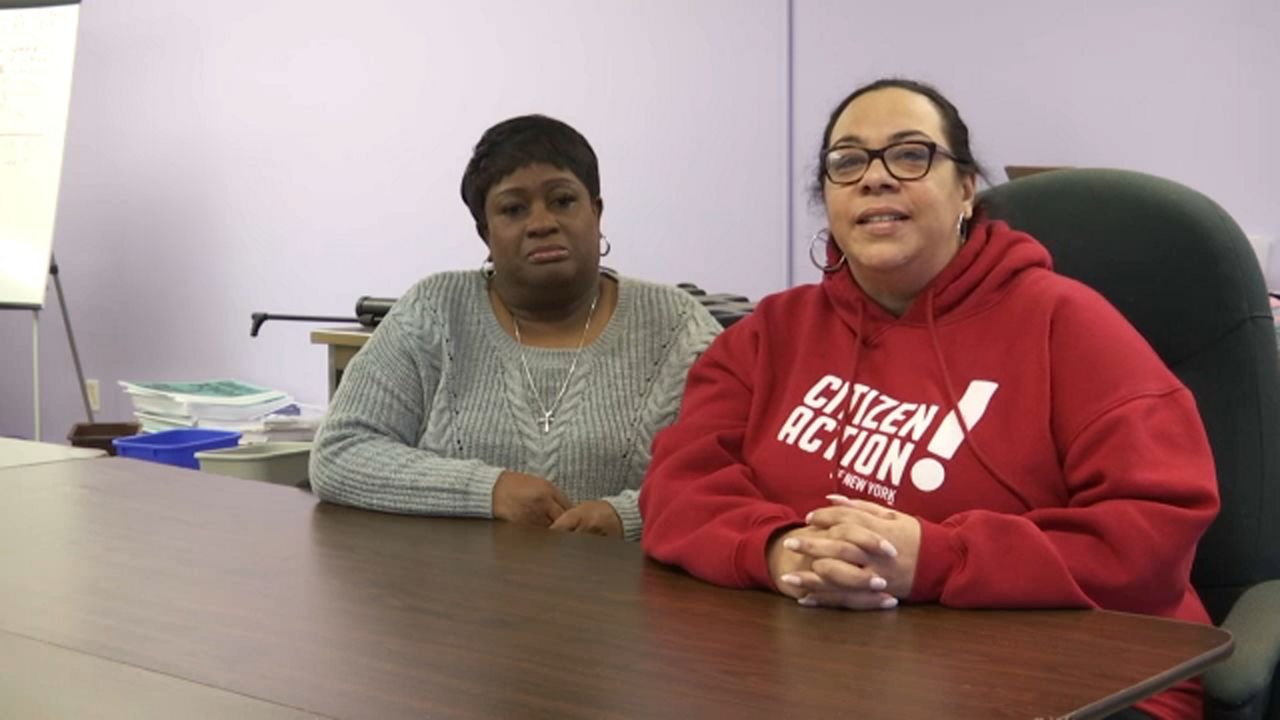Two decades ago, while in the throes of addiction, Albany resident Amy Jones violated her probation and was sent to jail.
"It was the late 90s and I had a six-week-old daughter," Jones said. "I was arrested for a petty crime [and] had a $1,000 bail."
Unable to pay that bail, Jones says she languished behind bars for nearly two years and ended up losing custody of her daughter to her own father in California.
"Right after I got out of jail he passed away and the custody of my daughter went to his wife, whom I had never met," Jones said.
Not having the means to pay for a legal challenge, Jones says she never regained custody.
"It's difficult, I think about her every day," Jones said, who says she’s only seen her daughter a handful of times since.
Jones's case and countless others like it have pushed her and other advocates to demand the bail reform package — which passed in last year's state budget.
As of January 1, 2020, defendants charged with so-called minor, non-violent offenses in New York will be immediately released after their arrest.
"Laws have been so subjective and they have literally crushed black and brown and poor communities," Jones said.
"I think we can all agree just because you are poor shouldn't mean you should stay in jail," said Assemblyman John McDonald, a Democrat from Cohoes.
While the changes have been supported by civil rights groups like Citizen Action of New York, they've faced sharp criticism from Republicans and many in the law enforcement community.
"It's not that we're not interested in bail reform for the most minor offenses,” said Assembly Minority Leader Brian Kolb. “What we're saying is what about this list of other offenses that we believe could put the public in harm's way."
In recent days and months, critics point to several prominent cases that would've been handled differently after the first of the year. A Saratoga County man facing a manslaughter charge in an elder abuse case, the driver charged in a deadly North Country police chase in September, and the Cohoes man facing charges after the death of his infant child this week — each would've walked free after their arrest.
"It's egregious in the amount of criminal offenses that now bail would not apply to," Kolb said.
Albany County District Attorney David Soares says he generally supports the changes.
"I think we can all agree we needed bail reform," Soares said on Thursday.
He acknowledges there are problems with the new law. He believes judges should have more discretion to set bail in cases involving deaths and the sale of opioids.
"I can't believe that reasonable minds couldn't agree on that very specific issue," Soares said.
While Soares and others are hopeful for a dialogue that leads to common-sense changes to the law, advocates like Jones believe it's fine as is and will allow greater fairness to minorities going through the criminal justice system.
"We are no longer looking to have that debate as to whether we should or shouldn't do this,” Soares said. “We now have to get to the point where we correct some of the mistakes that have been passed."
"It is a tremendous win for communities across the board," Jones said.



